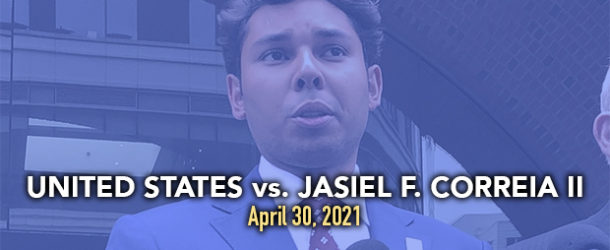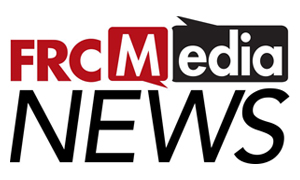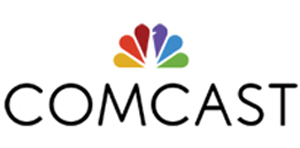Day eight in the federal trial of former Mayor Jasiel Correia saw prosecution witnesses discuss Correia’s tax filings and the IRS investigation into his alleged use of investor funds in his SnoOwl app company for his personal use.
First to take the stand was Stacia Vieira, a tax preparer for Liberty Tax Services who prepared tax returns for Correia. She was asked what the tax preparation process entails, including the responsibility of the tax preparer and client.
Assistant U.S. Attorney David Tobin focused on Correia’s tax returns for 2013 and 2014 when he had received investor funds for SnoOwl. Vieira testified that a 2013 information verification form for Correia listed his income of $6,630, related to money received from work at Providence College. There was no income reported from SnoOwl.
When Vieira completed Correia’s 2013 tax return, she asked him if he had any other sources of income. Correia said no.
On the 2014 tax return, Correia reported income from his salary as Fall River city councilor in the amount of $16,091. Again Correia claimed no business income in the tax year for 2014. The data sheet for 2014 showed Corriea claimed that he was not self-employed, even though SnoOwl had been in operation and he was collecting investor financing.
Defense attorney Kevin Reddington used a portion of his cross-examination to cite Liberty Tax Service as an organization that advertises heavily within the region.
The rest of the day featured the testimony of IRS Special Agent Sandra Lemanski. Her specialty is conducting financial investigations associated with organized crime.
Assistant U.S. Attorney Zach Hafer led Lemanski through the documents of her investigation. They included bank records for both SnoOwl and Snokimo, a company Correia created for web development work. Lemanski said Snokimo was not listed as a company with the Secretary of State.
Hafer led Lemanski through details on financial information that are generally considered business expenses versus personal expenses. Among the expenses examined were the purchase of gifts, travel, a Mercedes Benz, personal entertainment, his student loan, and campaign material.
Lemanski testified that the total amount of investor funds received for SnoOwl was $358,190. The amount she attributed to personal expenses from 2013 to 2015 totaled $228,654, 64% of the investors’ funding. Lemanski said Correia claimed that much of the expenses deemed personal were business-related.
The end of the prosecution’s questioning included a video clip from the mayoral debate in 2015 when Correia defended his SnoOwl activity to then-Mayor Sam Sutter. In the clip Correia stated he spent SnoOwl funds wisely.
Reddington spent his time during cross-examination clarifying the difference between business and personal expenses, seeking Lemanski’s approval that some of the expenses deemed personal could be considered business-related under certain circumstances. Lemanski said based on her investigation it was unlikely many of the expenses deemed personal could be considered business-related.
Testimony ended for the day shortly after 12:30 pm. The SnoOwl portion of the case has ended. When the trial resumes Monday morning the focus will shift to the charges alleging Correia, while mayor, extorted funds in exchange for non-opposition letters from prospective recreational marijuana retailers










Comments are closed.